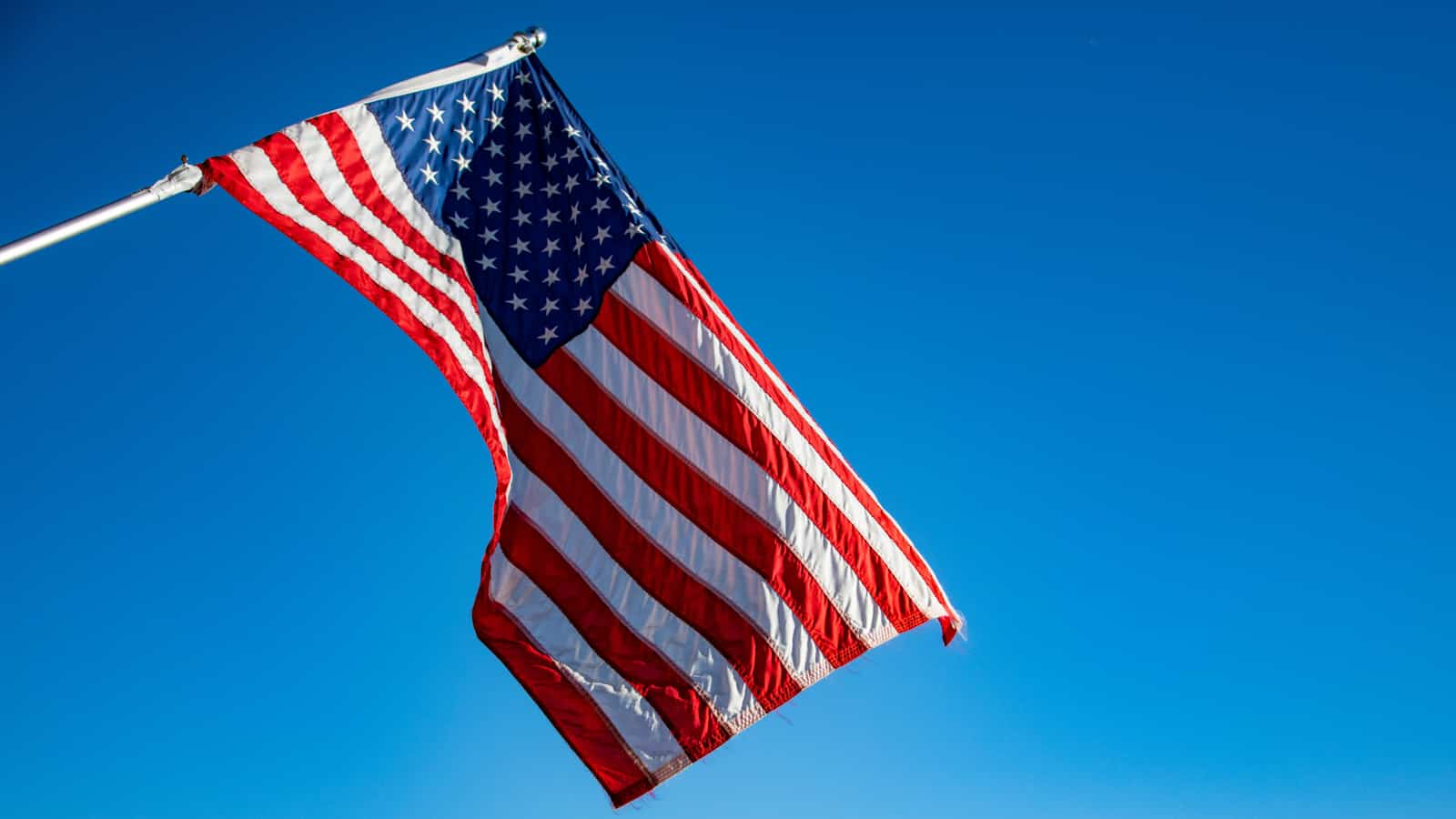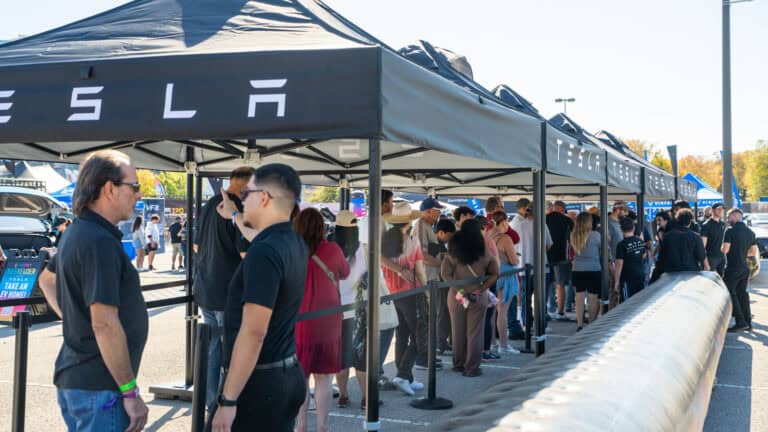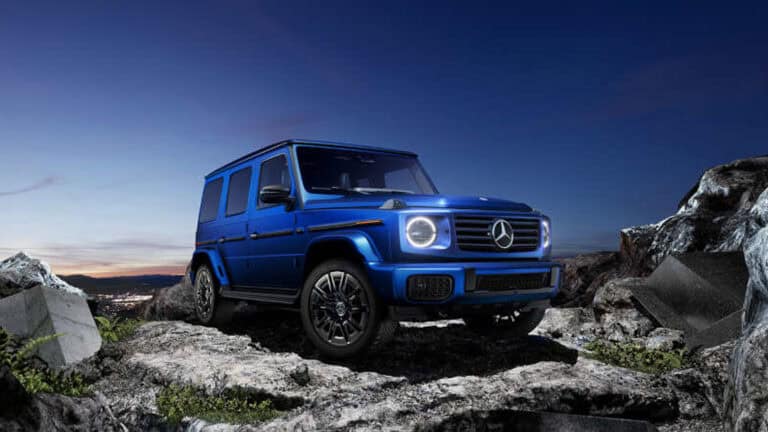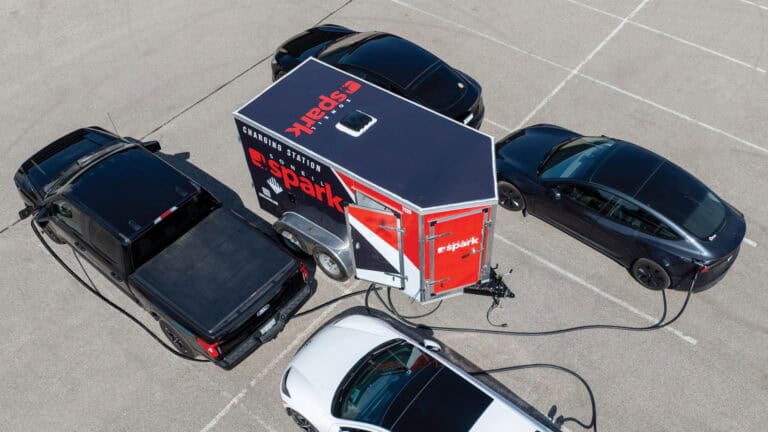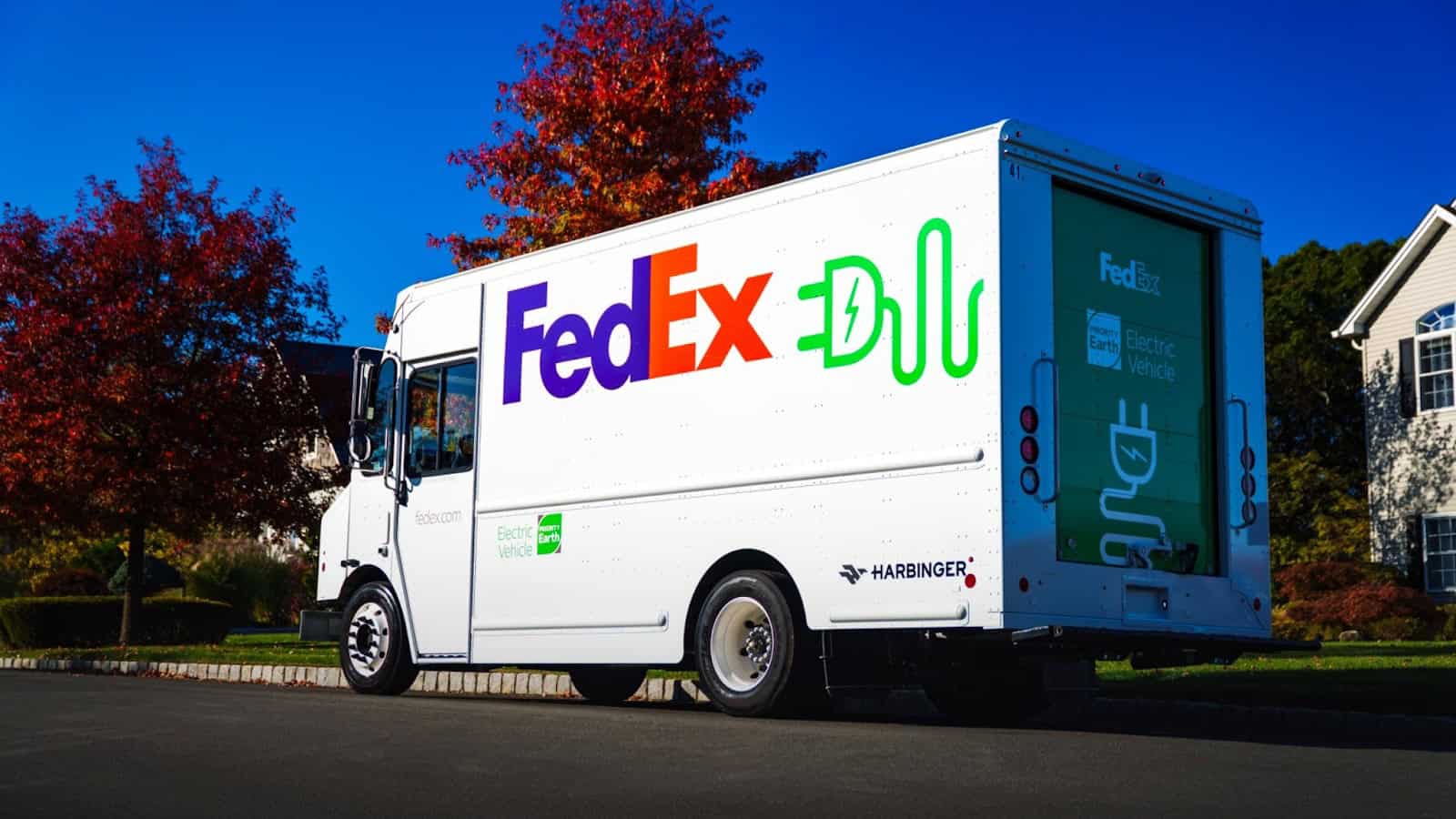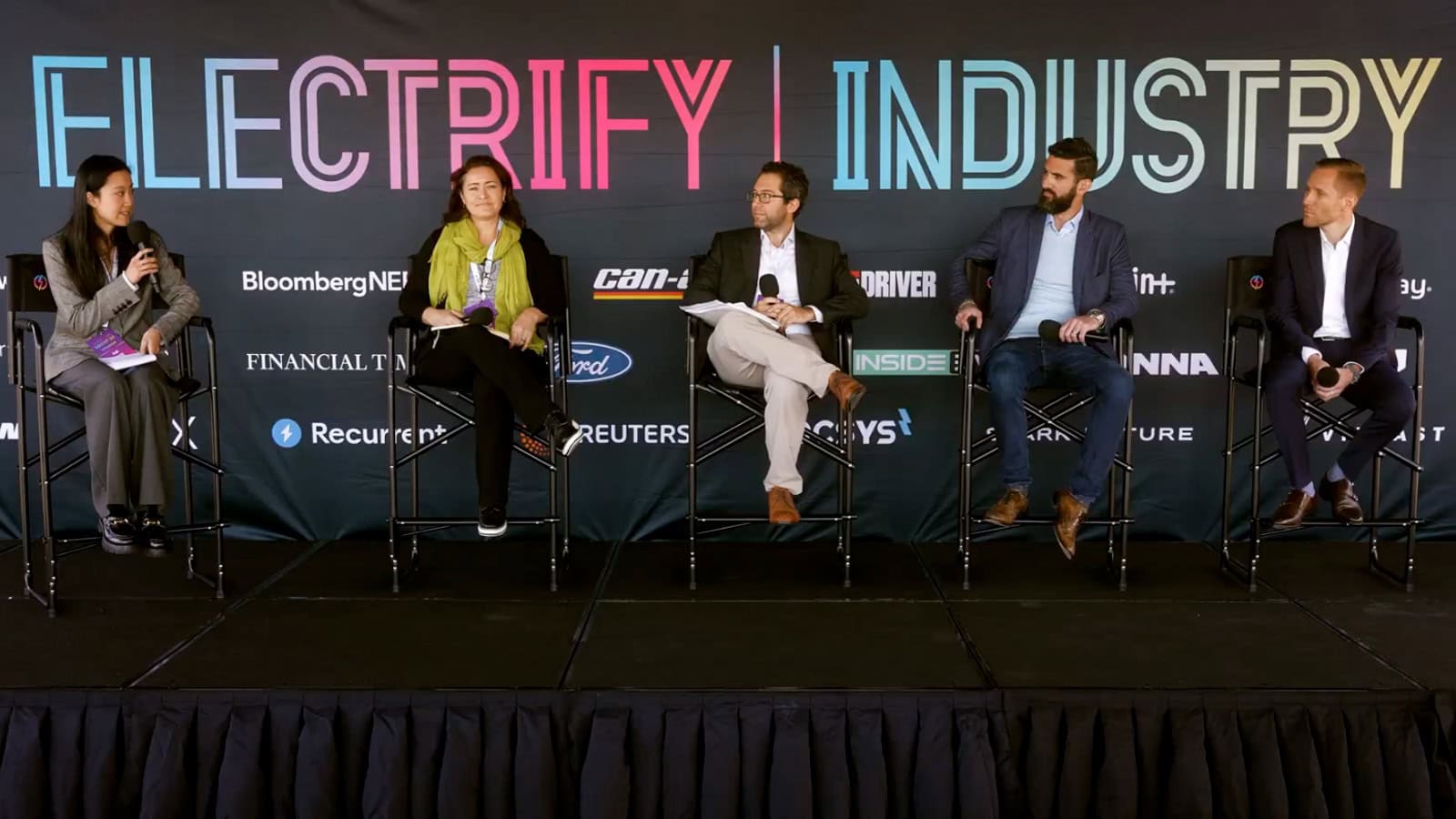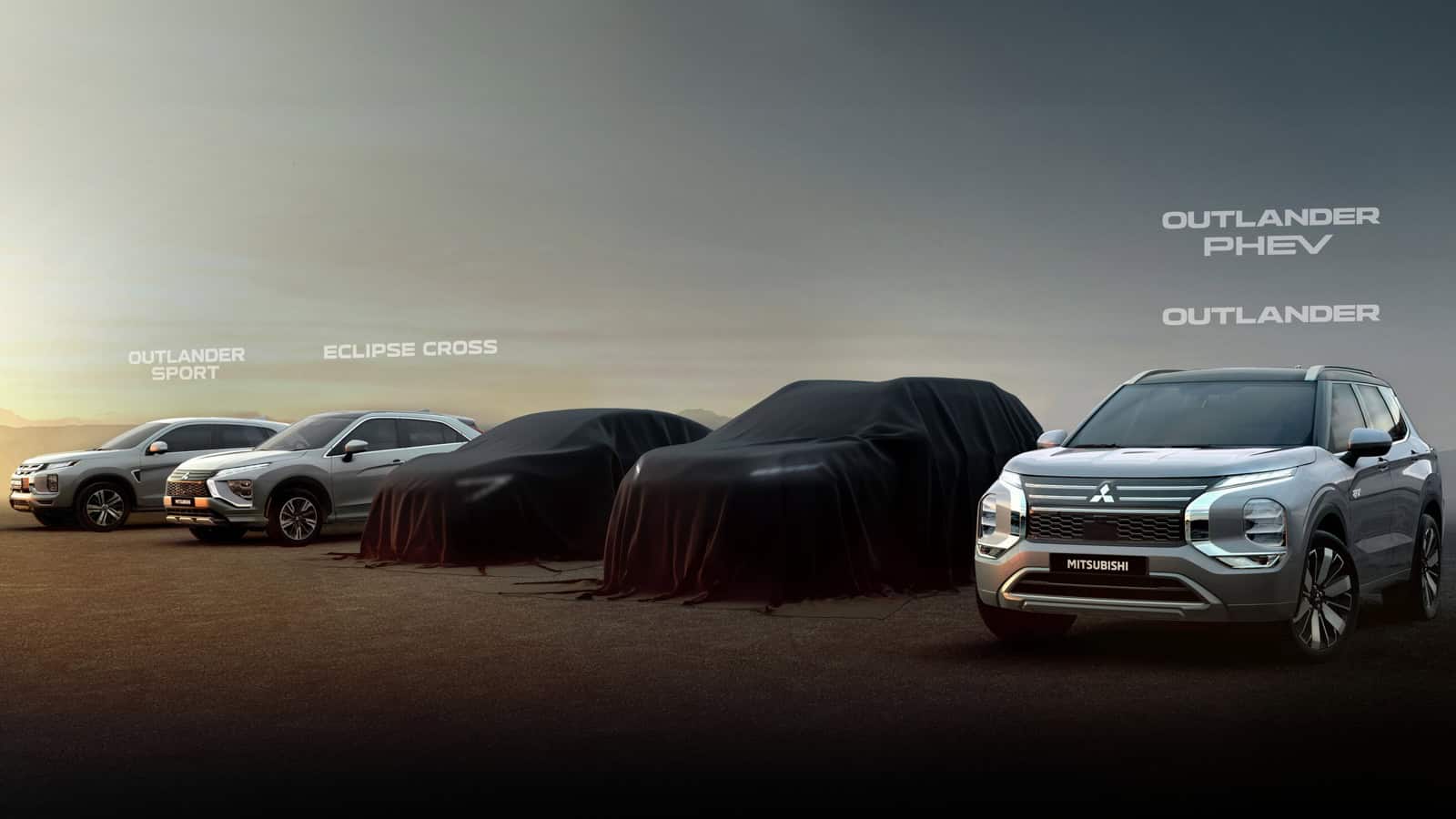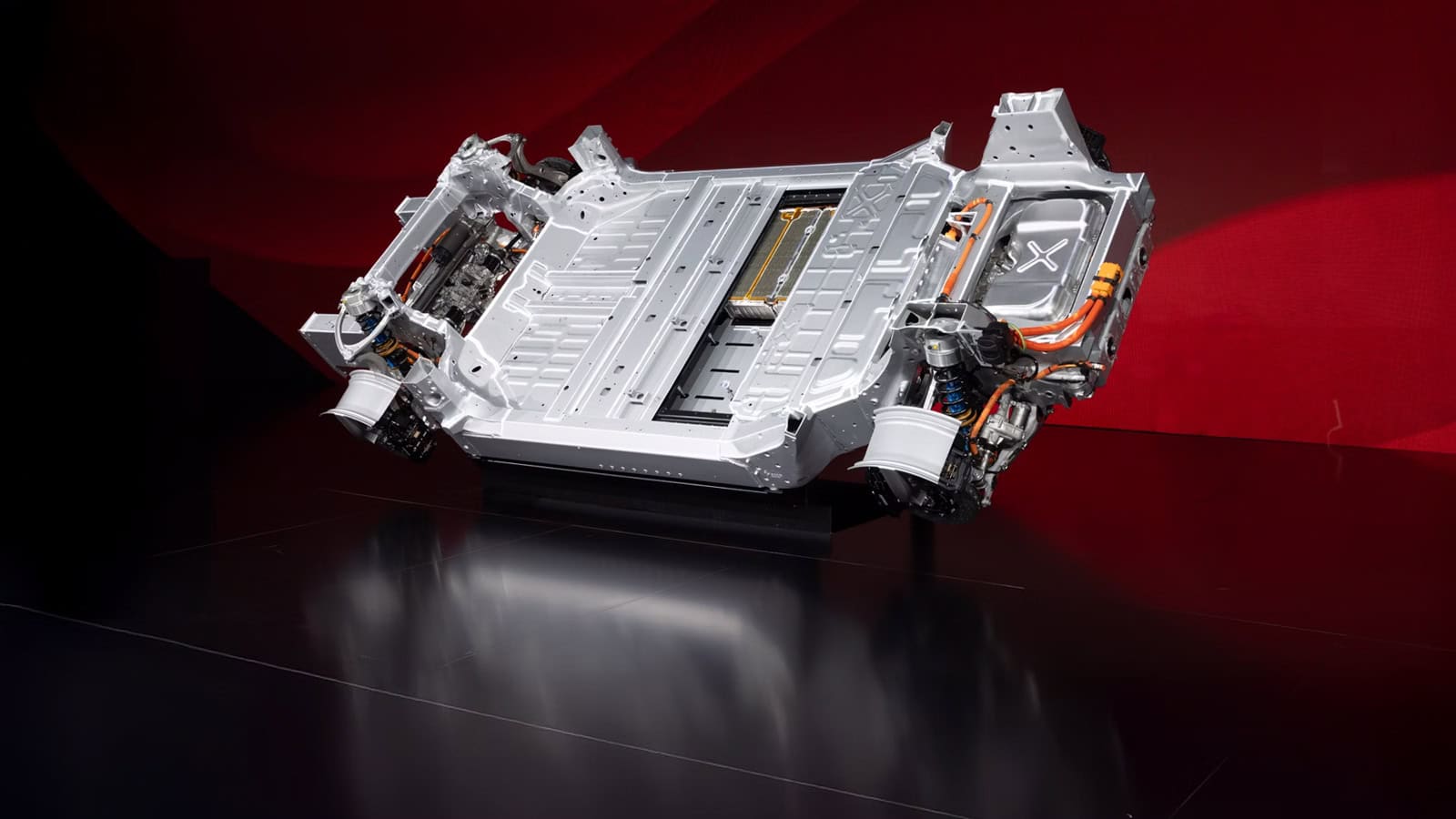The White House announced a fresh round of funding to create and enhance US manufacturing capacity for EVs yesterday, which included grants awarded to some 20 manufacturers across 15 states.
The grants will be used to further develop the necessary battery-grade graphite, lithium, and nickel to support the rapidly expanding demand for the raw materials associated with EV production. The money will also be used to develop the first commercial lithium electrolyte salt production facility in the US, further reducing domestic automakers’ dependence on Chinese materials.
“This is critically important,” Biden said, in remarks about the new awards. “(Because) the future of vehicles is electric, but the battery is a key part of that electric vehicle. And right now, 75 percent — as the folks on the screen can tell you — 75 percent of that battery manufacturing is done in China.”
“And for some battery components,” he continued, “critical materials, China controls nearly half the global production. But China’s battery technology is not more innovative than anyone else’s … in fact, our national labs, our research universities, our automakers led the development of this technology here in America. But by undercutting US manufacturers with their unfair subsidies and trade practices, China seized a significant portion of the market.”
You can read the President’s full remarks on the new grants’ passing, below, then let us know what you think of this $2.8 billion subsidy — just a fraction of what the US government spends to keep corn prices high and keep oil prices low, it must be said — in the comments section at the bottom of the page.
Remarks by President Biden
THE PRESIDENT: Hello, everybody. Well, good afternoon. And I want to thank Secretary Granholm for — and everyone on the screen for being part of this today. And it’s been a rough four or five years for the country, but a lot of folks here are still struggling.
But there’s some real bright spots: 10 million — 10 million new jobs have been created just since my presidency began; 3.5 percent unemployment, the lowest in 50 years; nearly 700,000 manufacturing jobs created since we took office, and you all are going to create a lot more, up there on the screen.
And — and some people gave up on American manufacturing, but not me, not the Secretary, not the American people. Because where in the heck is it written that we can’t be the manufacturing hub of the world?
Well, we are now, and that’s what we’re going to be announcing — talking about today. It’s about my industrial strategy to bring America back manufacturing and industries of the future: semiconductors and clean energy.
That includes a Bipartisan Infrastructure Law that I signed. And it was a once-in-a-generation investment in our nation’s roads, bridges, railroads, ports, airports, water systems, and high-speed Internet.
Federal infrastructure funding is helping states and cities with these projects all across the country. But the Infrastructure Law also invests in people and companies that are going to build our future, like electric vehicles and advanced batteries that are going to power those vehicles.
This is critically important, because the future of vehicles is electric, but the battery is a key part of that electric vehicle. And right now, 75 percent — as the folks on the screen can tell you — 75 percent of that battery manufacturing is done in China.
And for some battery components, critical materials, China controls nearly half the global production. But China’s battery technology is not more innovative than anyone else’s.
In fact, our national labs, our research universities, our automakers led the development of this technology here in America. But by undercutting U.S. manufacturers with their unfair subsidies and trade practices, China seized a significant portion of the market.
Today, we’re stepping up with — to hold the — the — we — really to take it back — not all of it, but bold goals — bold goals and actions to make sure we’re back in the game in a big way.
And we’re doing it right away, centered around workers and communities and building the economy from the bottom up and the middle out.
Last year, I signed an executive order setting the goal of having 50 percent of all new cars and trucks sold by 2030 to be electric — electric vehicles. Auto companies, unions, and the federal government are all working together to meet this goal.
I signed the — into law the Inflation Reduction Act, the biggest investment in climate ever — ever in all of history.
It includes tax credits for up to $7,500 for folks to buy new electric vehicles or fuel-cell vehicles made in America. And for the first time, you get a tax credit for buying a used electric vehicle.
The CHIPS and Science Act that I signed into law is literally supercharging our efforts to make semiconductors — those small computer chips that power every — our everyday lives, including our vehicles — here in America.
And the Infrastructure Law is investing $7.5 billion to build electric vehicle charging stations all across America. So finding a place to charge up your vehicle is going to be as easy as pulling into a gas station.
So, earlier today, I talked about our efforts to keep gas prices down at the pump without delaying or deferring our transition to clean energy. Electric vehicles are part of that plan. And since I took office, electric vehicle sales have more than tripled.
But with more electric vehicle sales, the demand for batteries and the critical minerals that go into those batteries has grown and is going to continue to grow.
In fact, the demand for critical materials is set to skyrocket by 4- to 600 percent over the next several decades. The demand for minerals like lithium and graphite is expected to increase by as much as 4,000 percent.
Some see it as a challenge, but we see an opportunity — a real opportunity to shift to a net-zero sum carbon world in one of the most significant economic transitions since the Industrial Revolution. That’s not hyperbole; that’s a fact.
We’re also confronting it head on with American ingenuity and American jobs. That’s why my Infrastructure Law invested over $7 billion in battery supply chains that are going to bolster U.S. capacity for processing, manufacturing, and recycling critical minerals like lithium, nickel, and graphite.
And that’s why today I’m proud to announce $2.8 billion in awards to 20 companies represented on the screen across 12 states, funded by the Infrastructure Law, to build electric vehicles and a battery future here in America.
Nearly 200 companies applied for these grants. Only 20 were selected from Georgia to North Carolina and to Nevada to the state of Washington. We have awarded these this funding, and we’ve asked companies how they’re going to partner with community colleges, minority-serving institutions, labor unions, and local organizations to provide job training for workers and benefits for the whole community.
Together, these 20 companies are going to build new commercial-scale battery production and processing facilities all across America. They’re going to develop lithium to supply over 2 million vehicles every year. And that $2.8 billion investment is going to unlock billions of dollars in private investment from these companies.
That means the projects are going to generate $9 billion total for American manufacturing and the battery supply chain across America. And that’s going to create thousands of good-paying jobs, many of them — many of them union jobs that require college degrees — that don’t require, I should say, college degrees.
You know, on top of the $9 billion — since I became President, other companies — including GM, Ford, Honda, Siemens — have announced over $100 billion in new investments to produce electric vehicles, batteries, and charging stations here in America, creating thousands more jobs.
Today, I’m announcing the launch of the American Battery Materials Initiative. It’s going to coordinate the effort across the federal government and work closely with the private sector, labor unions, Tribes, community organizations, and our partners and allies abroad.
This initiative is going to lead — going to be led by the White House and housed in the Department of Energy with the support of the Department of Interior to secure America’s electric vehicle battery supply chain and clean energy future.
And we’re going to do it the right way: respecting the rights of Tribes, creating good-paying union jobs, and protecting the environment and local communities.
Folks, one more thing about how we’re going to do this. You may have seen the news reports describing Republicans who voted against the infrastructure bill attacking Democrats for passing it because it’s socialism. (LOL! —Ed.)
Well, now, quietly and privately, they’re sending me and the administration letters asking for money from the same bill, talking about how important the projects would be for their districts if we just got them the money. I had — no, I was really surprised to find out there are so many socialists in the Republican caucus.
But even if they voted against it, I made a promise when I was running and when I got elected: I would be the President for all Americans. So we’re going to build a better America together, whether they voted for it or not. If the district — if the district deserves the project, they’re going to get it.
Let me close with a question I ask many business leaders: When the United States decides to invest considerable resources in the new industry and we need to build up, does that encourage or discourage businesses from getting in the game?
And the answer is: It encourages them to get in the game in a significant way. Federal investments attract private investments, and it creates jobs and industries. It demonstrates we’re all in this together, and that’s what today is about.
I’ve never been more optimistic about America’s future. We just have to remember who in God’s name we are. We’re the United States of America. There’s nothing — nothing beyond our capacity if we work together.
And with that, let me turn it over to Secretary Granholm. Madam Secretary?

SOURCE | IMAGES: REUTERS, WHITE HOUSE | DAVID DIBERT
FTC: We use income-earning auto affiliate links. Learn more.


